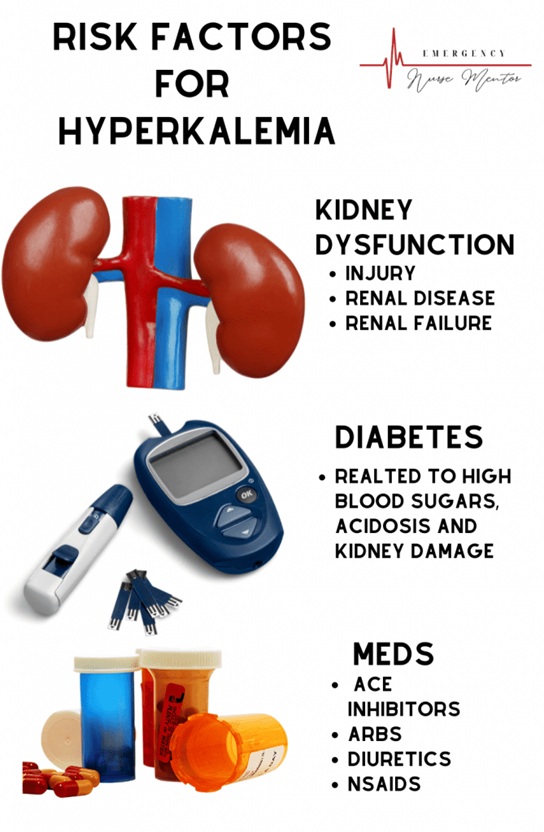A nurse is caring for older adult clients at a long-term care facility. Which of the following assessments should the nurse consider when monitoring clients for urinary retention? (Select all that apply.)
Dribbling of urine
Color of the urine
Voiding patern
Proteinuria
Bladder distension
Correct Answer : A,C,E
Choice A reason: Dribbling of urine can indicate urinary retention, as it may suggest that the bladder is not emptying
completely during voiding.
Choice B reason: While the color of the urine can provide information about hydration status and other health issues, it is not a direct indicator of urinary retention.
Choice C reason: The voiding patern is an important assessment for urinary retention. Infrequent voiding or small amounts despite a full bladder can be signs of this condition.
Choice D reason: Proteinuria is not typically used as an assessment for urinary retention. It can indicate kidney damage or disease but does not directly relate to the bladder's ability to empty.
Choice E reason: Bladder distension can be observed and palpated in cases of urinary retention, as the bladder may become enlarged due to the accumulation of urine.
Nursing Test Bank
Naxlex Comprehensive Predictor Exams
Related Questions
Correct Answer is D
Explanation
Choice A reason: Hypernatremia, which is an abnormally high level of sodium in the blood, is not typically associated with prerenal AKI. Prerenal AKI is often related to hypovolemia, which can lead to hyponatremia rather than hypernatremia.
Choice B reason: Hypophosphatemia, or low levels of phosphate in the blood, is not a common finding in prerenal AKI. Phosphate levels are more often affected in intrinsic renal diseases or refeeding syndrome.
Choice C reason: Hypercalcemia, or high levels of calcium in the blood, is not commonly seen in prerenal AKI. It is more frequently associated with malignancies or hyperparathyroidism.
Choice D reason: Hyperkalemia, which is an elevated level of potassium in the blood, is a common electrolyte imbalance in prerenal AKI. This occurs due to decreased renal perfusion and the kidney's reduced ability to excrete potassium.

Correct Answer is B
Explanation
Choice A reason: Taking 3,000 mg of vitamin C daily is not recommended as it may increase the risk of calcium oxalate stones due to possible conversion of vitamin C to oxalate.
Choice B reason: Drinking 3 L of fluid every day is advised to prevent kidney stones by diluting the urine and reducing the concentration of stone-forming substances.
Choice C reason: Eating 12 oz of animal protein daily is excessive and can increase the risk of kidney stones due to higher excretion of calcium and oxalate.
Choice D reason: Restricting calcium intake to one serving per day is not recommended as a normal calcium intake is necessary to bind oxalate in the gut and reduce oxalate absorption.
Whether you are a student looking to ace your exams or a practicing nurse seeking to enhance your expertise , our nursing education contents will empower you with the confidence and competence to make a difference in the lives of patients and become a respected leader in the healthcare field.
Visit Naxlex, invest in your future and unlock endless possibilities with our unparalleled nursing education contents today
Report Wrong Answer on the Current Question
Do you disagree with the answer? If yes, what is your expected answer? Explain.
Kindly be descriptive with the issue you are facing.
